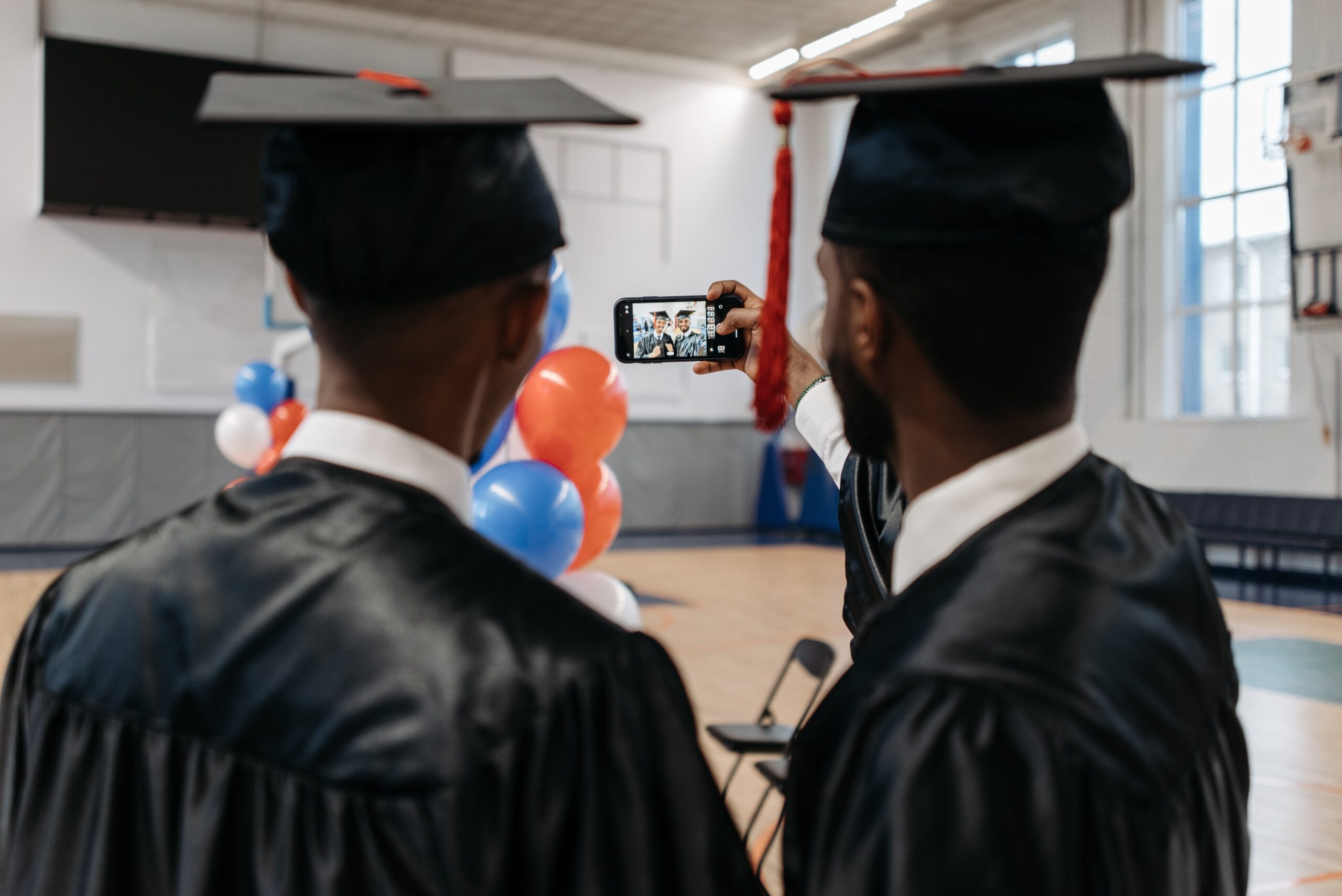A first-of-its-kind national database tracking the lived experiences and unique challenges of Black youth as they navigate the university world will be unveiled later this year, with far-reaching implications for researchers and students alike.
The database will be built upon preliminary findings of groundbreaking research that began last October at the University of British Columbia. Its preliminary findings show that structural barriers and lack of culturally-adequate support programs are major factors alienating Black youth from the academic world.
That alienation, says lead researcher UBC Prof. Annette Henry, begins in high school.
“If a kid feels alienated from school anyway… the child might feel that university is actually not for them,” Henry told New Canadian Media while recalling her own experience with high school guidance counsellors who “never really gave (her) the option of university.”
“We talk about inclusivity,” she says, “but we haven’t figured out how we really need to be inclusive.”
From online ads minimizing the importance of higher education to lack of Black representation in academia and a history of systemic barriers keeping Black people from accessing education, Black youth are bombarded with the message that “there’s no point really going to university to reach your goals,” Henry explains.
The research initiative, which consists of virtual and in-person monthly mentoring meetings with groups of grade 10 and 12 students, hopes to put a spoke in that wheel by contributing “to the larger conversation of what inclusivity looks like.”
By ensuring all team members – from the professors, researchers, psychiatrists and neurosurgeons to the undergraduate students who would meet with their high school counterparts – were Black, helped build a sense of self-worth in the students.
“That really resonated with them,” Henry said, “that there’s a sense of possibility.”
According to Statistics Canada’s 2016 census close to 1.2 million people reported being Black, accounting for about 3.5 per cent of Canada’s total population, and with about 60 per cent of them being born outside of Canada.
Children under 15 years old represented 26.6 per cent of the Black population and 16.9 per cent of the total population, meaning there are thousands of students currently about to make the transition, or already in transition, to higher education.
National database
The national database that is being built will finally allow researchers to access information that until now has come mostly from the United States, which Henry says is problematic because being forced to rely on American data “means you don’t really know what’s going on in your own country.”

“We have this terrible stereotype from the deficit model in the U.S. that every Black kid is poor and struggling,” Henry is quoted as saying in the press release. “Some are, but it’s really clear in the data we’ve collected so far that middle-class kids also face the same systemic barriers and challenges when it comes to pursuing their educational goals.”
Kisha McPherson, assistant professor in the School of Professional Communication at Toronto Metropolitan University agreed, adding that, while “in Canada, we do a really good job of knowing how many Black students aren’t graduating or aren’t attending university,” the focus of this program and eventual database is “on identifying the supports Black students need.”
‘Mistrust’ and ‘low expectations’
In 2017, citing a report led by York University professor Carl James, the CBC reported that only 53 per cent of Black students were in academic programs compared to 81 per cent of white and 80 per cent of other racialized students. For applied programs, 39 per cent of enrollments were from Black students, but only 18 per cent from other racialized groups and 16 per cent from white students.
That same year, another report stated 48 per cent of the 300 expelled students in the Toronto District School Board (TDSB) were male and Black, compared to 10 per cent who were white.
Interestingly, a 2018 study published in the Canadian Journal of Higher Education found that Black students are actually more likely to get into university than white students.
However, it goes on to state that the likelihood of them applying to university programs is much lower due to factors like being funnelled towards applied programs, being identified as having special educational needs or receiving lower grades.
In 2019, Pathways to Education, a national charitable organization supporting low-income youth to help them graduate, found that “mistrust” and “low expectations” from teachers and staff are commonly cited by Black high school students.
“This results in Black youth being disproportionately suspended, expelled, and streamed into Applied or Locally Developed Compulsory Credit courses,” the report states.
Henry says despite growing awareness by parents, teachers and other community leaders about this messaging, it still occurs.
“Children are getting the message that ‘this is not for me’ – that ‘I cannot do this,'” she says.
And yet, despite all these barriers in their way, the fact that more Black students are making their way towards university than their white counterparts is a sign of “tenacity,” says Karen Robson, one of the co-authors of the 2018 study cited above.
“A lot of them are getting to university in spite of the system, not necessarily because of it,” she’s quoted as saying in McMasters Brighter World.
The Securing Black Futures’ findings will be presented at the upcoming Congress of the Humanities and Social Sciences (Congress 2022) from May 12-20.
Fernando Arce is a Toronto-based independent journalist originally from Ecuador. He is a co-founder and editor of The Grind, a free local news and arts print publication, as well as an NCM-CAJ member and mentor. He writes in English and Spanish, and has reported from various locations across Canada, Ecuador and Venezuela. While his work in journalism is dedicated to democratizing information and making it accessible across the board, he spends most of his free time hiking with his three huskies: Aquiles, Picasso and Iris. He has a BA in Political Science from York University and an MA in Journalism from Western University.





